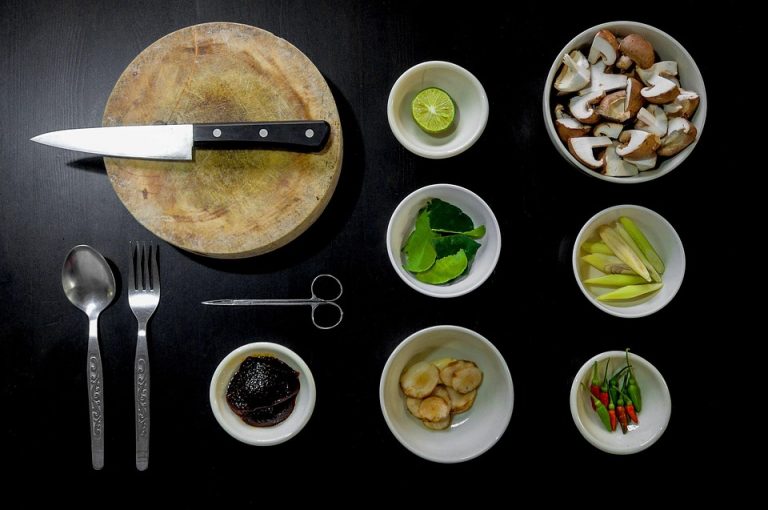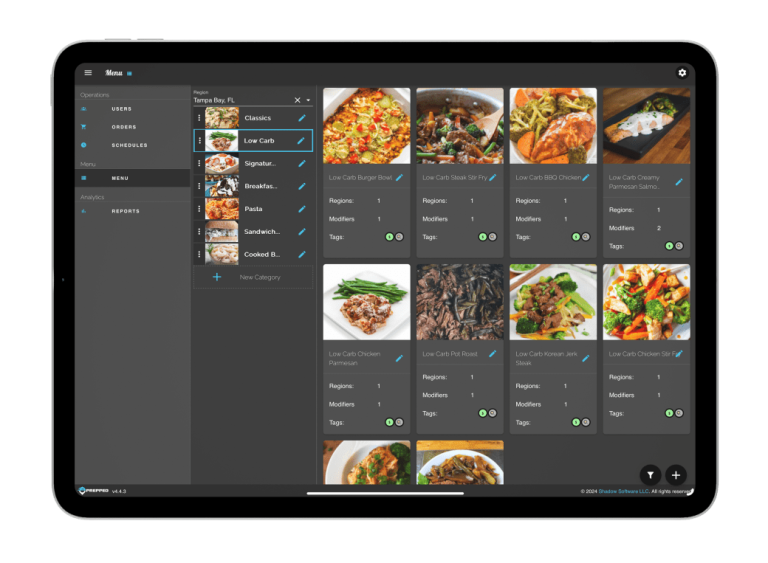Nutritional Strategies in Assisted Living: The Crucial Role of Dietitians in Crafting Assisted Living Meal Plans
When it comes to the health and well-being of residents in assisted living facilities, nutrition holds a pivotal role. Assisted Living Meal Planning is not just about serving food but involves a comprehensive approach to meet the dietary needs of each individual. Dietitians play an essential role in crafting meal plans that not only cater to the specific health conditions of the elderly but also their preferences and dietary restrictions.
Understanding the Dietary Needs of Assisted Living Residents
In assisted living communities, residents often have diverse health conditions ranging from diabetes and heart disease to dementia and osteoporosis. Each condition demands a specific dietary approach, emphasizing the importance of a dietitian’s expertise in creating tailored meal plans. Professionally designed meal plans can not only enhance the quality of life but also promote a longer, healthier lifestyle for seniors.
The Integration of meal planning software
With advancements in technology, the use of meal planning software has become increasingly prevalent in assisted living facilities. Software solutions like the ‘Prepped Culinary Software’ offer sophisticated tools that assist dietitians in creating precise and personalized meal plans. These tools provide nutritional analysis, allergy alerts, and even texture modification options, which are crucial for residents with swallowing difficulties.
Moreover, integrating technology into meal preparation not only standardizes the process but also ensures consistency and accuracy in nutrient delivery. It eases the management burdens on facility kitchens, allowing staff to concentrate on the quality of ingredients and the pleasure of eating.
Personalization at Its Best: The Dietitian’s Touch
While software provides the necessary tools, the human element remains irreplaceable. Dietitians bring an understanding of the subtle balance between medical nutritional requirements and personal preferences. They engage directly with residents, sometimes even involving them in the meal planning process, which can significantly increase satisfaction and improve nutritional intake.
Personalized meal planning in Assisted Living & Care Services promotes autonomy and respect for the seniors, acknowledging their individual tastes and lifelong dietary habits. This attention to detail can make a considerable difference in a resident’s willingness to eat and enjoy their meals.
Addressing Challenges in Meal Planning
One of the more significant challenges in Assisted Living Meal Planning is dealing with the various dietary restrictions and preferences of a diverse resident population. This is where ‘Prepped Culinary Software’ with its meal planning capabilities, specifically designed for dietitians, becomes invaluable. It allows for easy adjustments and customization of diets, ensuring that each meal is not only nutritious but also aligns with medical advisories and personal preferences.
Furthermore, educational programs can be integrated into the meal planning process, where dietitians lead workshops for staff and residents alike, focusing on the importance of nutrition and how to make healthy dietary choices. This holistic approach not only educates but also fosters a community atmosphere.
Implementing Dietitian Recommendations in Kitchen Operations
Incorporating a dietitian’s recommendations into the daily operations of Life Care Facilities kitchens requires effective communication and collaboration. Regular training sessions and updates in dietary science are essential for kitchen staff to stay informed about the best practices in food safety and preparation that comply with dietitian’s meal plans.
Utilization of meal prep software can streamline these processes, ensuring that meals are prepared according to the specific nutritional guidelines set forth by the dietitians. It can also track inventory and manage recipes, thereby minimizing waste and reducing operational costs.
Conclusion
The role of dietitians in Assisted Living Meal Planning is critical. They ensure that nutritional care is personalized, precise, and practical. Leveraging technology like ‘Prepped Culinary Software’ can enhance these efforts, offering robust tools for creating and managing complex dietary plans suited to the diverse needs of residents. As the elderly population grows, the role of dietitians and advanced meal planning solutions will undoubtedly become more integral in fostering health and wellness within assisted living communities.












